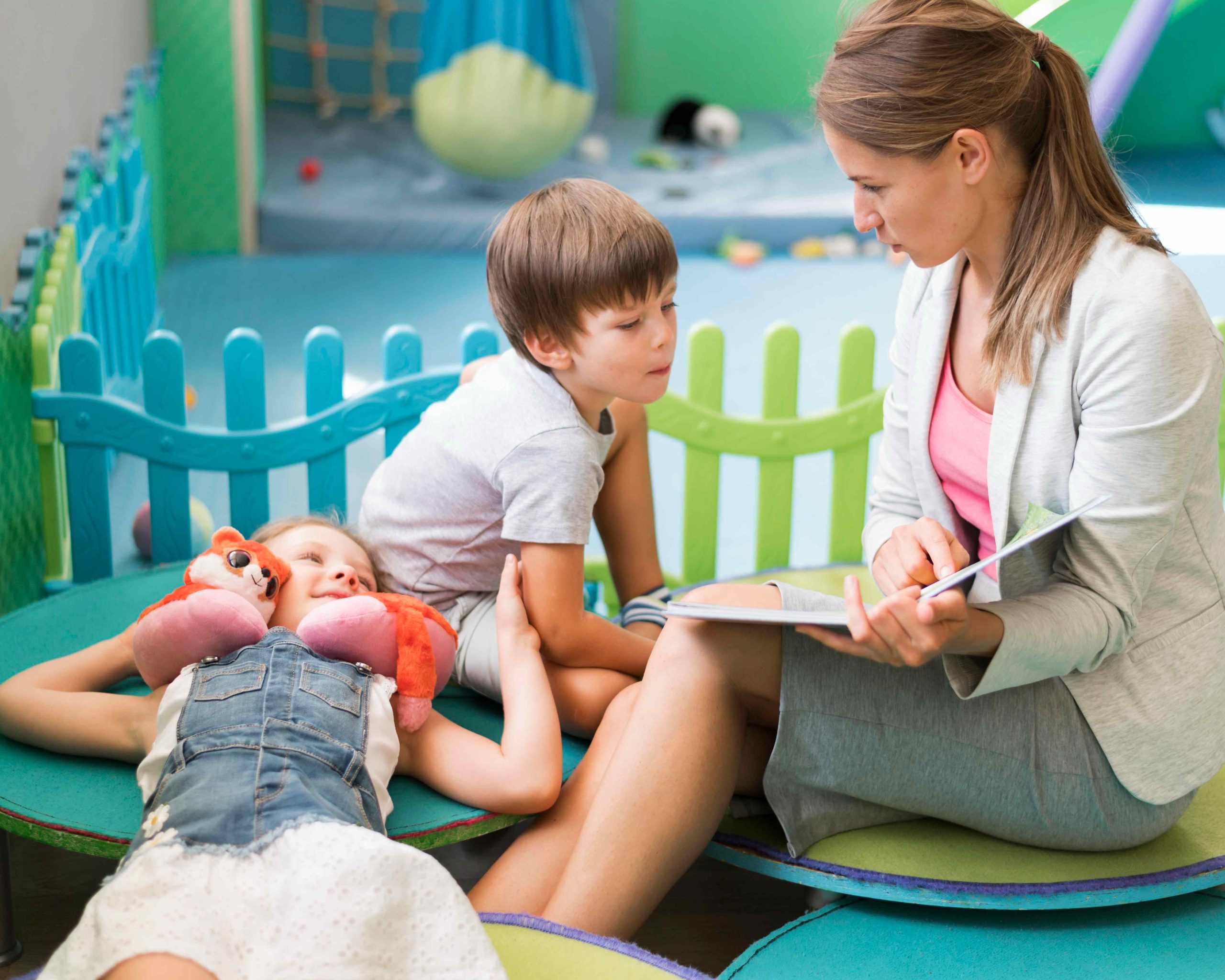
The Notion of Daycare: How Long Does it Take for a 3-Year-Old Preschooler to Adjust?
Childcare has evolved significantly in recent years, expanding beyond mere supervision to include preschool programs aimed at preparing children for future academic endeavors. These programs focus on nurturing various aspects of a child’s development in a controlled environment.
Understanding the Concept of Daycare
Childcare has evolved significantly in recent years, expanding beyond mere supervision to include preschool programs aimed at preparing children for future academic endeavors. These programs focus on nurturing various aspects of a child’s development in a controlled environment.
Adjustment Period for Preschoolers
The transition period for preschoolers varies based on individual factors such as personality and the quality of care provided by the childcare facility. On average, a 3-year-old preschooler may take 2 to 4 weeks to adapt to their new environment, although this period may vary.
Advice for Assisting Preschooler Adjustment
- Visit the Facility: Take your child for a tour of the daycare facility before their first day to familiarize them with the surroundings.
- Establish a Routine: Set consistent schedules for meals, naps, and bedtime to help your child adjust to the structured environment.
- Comfort Items: Allow your child to bring a familiar toy or blanket to provide comfort and familiarity.
- Positive Reinforcement: Maintain a positive attitude during drop-off and pick-up times to reassure your child.
Advantages of Preschool
Preschool offers numerous benefits to young children, including opportunities for socialization, cognitive development, emotional regulation, and physical activities that enhance motor skills and independence.
Common Concerns and Solutions
Parents often worry about issues such as separation anxiety, illness, safety, and the quality of care provided. Open communication with daycare providers and taking necessary precautions can help alleviate these concerns.
Preparing Emotionally for Preschool
- Discussing Expectations: Parents can help prepare their child emotionally for preschool by discussing expectations and addressing any concerns.
- Reading Books: Reading books about preschool can help familiarize children with the concept and reduce anxiety.
- Visiting the Facility: Plan a visit to the preschool before the first day to familiarize the child with the surroundings and routines.
- Practicing Separation: Gradually introduce brief separations from the child to help them become comfortable with being away.
- Using Positive Language: Use positive language when discussing preschool to create excitement and anticipation.
Ensuring a Smooth Transition
Establishing a consistent routine, maintaining positive interactions, staying informed about your child’s progress, encouraging independence, and supporting educational activities can contribute to a successful transition to preschool.
Selecting the Right Childcare Facility
Considerations such as care quality, curriculum, teacher-student ratio, flexibility, location, and parental involvement are essential when choosing a daycare facility that meets your child’s needs.
Overcoming Common Obstacles
Preschoolers may encounter challenges such as separation anxiety, sleep disruptions, illness, and communication difficulties during the adjustment period. Understanding these issues can help parents provide appropriate support and guidance.
Conclusion
Deciding whether to enroll your child in preschool is a significant decision that requires careful consideration of their individual needs and circumstances. By preparing them emotionally and selecting a high-quality daycare facility, parents can help facilitate a smooth transition to preschool, setting the stage for a positive and enriching experience.


